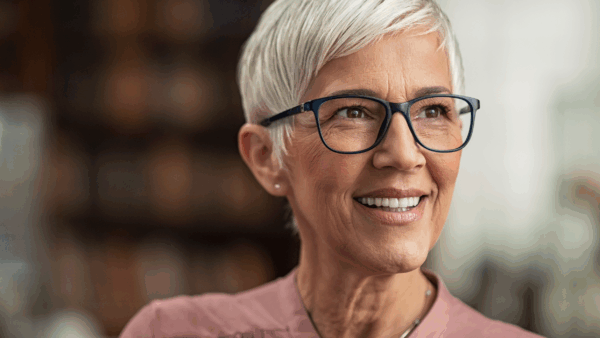At the core of every thriving organisation lies a deep understanding of its team members’ strengths, and this understanding can be the motivation for excellence. In a recent conversation between Nicola Jackson, StrengthscopeMaster™, and founder of Personal Strengths Coaching, and Claire Neilson, a voluntary sector leader embarking on an exciting project to develop an Emerging Leadership Programme, we delve into how strengths-based coaching can be the driving force behind organisational success in times of constant change.
What Was the Mission?
The Connect Northamptonshire Project – powered by national grant funding obtained through Voluntary Impact Northamptonshire’s commitment to supporting collaborative approaches to transformation – has the mission to explore the role of charities, community groups and social enterprise sector (VCSE) organisations in Health and Social Care initiatives in their county. The objective was clear: to boost the sector’s capabilities and capacity to support a changing landscape within their Integrated Care System and develop an innovative strengths-focused Leadership programme for emerging Senior Leaders to share with a national network of Learning and Development partners from the Sector as best practice.
What Was the Approach?
Claire recognised the transformative potential of personal strengths in individuals and within the entire sector. She sought out Personal Strengths Coaching and the Strengthscope® assessment to apply existing strengths effectively. The approach involved helping individuals identify and optimise their strengths to maximise their contributions to the team.
Here’s what Nicola’s approach entailed:
- Individual strengths debrief: After team members completed the Strengthscope® assessment, they engaged in a 1-2-1 debrief session with Nicola. This personalised approach allowed individuals to understand their strengths better, how to use them effectively and recognise the areas that might lead to overdrive.
- Team workshop: They conducted a team workshop to explore the collective strengths of the newly formed team. They discussed the dynamics of a dream team, their purpose and objectives, and their individual strengths as a team. The workshop provided an understanding of the strengths present within the group and the clear potential for collective growth.
- Mitigating risks: The team identified areas where they were not as strong and brainstormed ways to limit these risks. They recognised the importance of leveraging their existing strengths to overcome challenges.
The participants continued to embed their individual strengths debrief through the Personal Strengths Coaching eResource Programme. They’ve accessed a series of podcasts, coaching questions and action-planning resources through an online platform. Nicola has also offered a monthly opportunity to join a virtual meeting to brainstorm, ask questions and solve problems, joined by other programme members from different organisations and sectors.
What Were the Results?
The impact of this approach was powerful:
- Individual empowerment: Team members left the individual debrief sessions with newfound motivation, a sense of their unique strengths, and a renewed enthusiasm for their roles.
- Team cohesion: The workshop not only gelled the newly formed team but also sparked a collective desire to use their combined strengths for the greater good.
- Buddying up: Recognising individual strengths and deficits led to forming buddy relationships, where team members could support each other with complementary strengths.
- Leadership and initiative: Team members felt empowered to step up and lead in areas where their unique strengths could shine. This promoted a more inclusive and proactive team culture.
- Risk mitigation: Identifying areas of weakness allowed the team to strategise for risk mitigation proactively. They harnessed their existing strengths to address vulnerabilities effectively.
Moving forward with Strengths
As the project continues, they embark on a second phase focusing on practical skills, managing change, and leadership development. The team’s enthusiasm for making a difference remains strong. The energy of collaboration and shared strengths continues to grow, promising exciting times ahead.
In conclusion, the power of strengths-based coaching in the face of constant change cannot be underestimated. The project demonstrates the profound impact that recognising, optimising, and harnessing individual and team strengths can have on an organisation’s journey toward high performance. With continued support, this strengths-based approach will unlock endless opportunities and ensure success in the landscape of the voluntary community and social enterprise sector.












